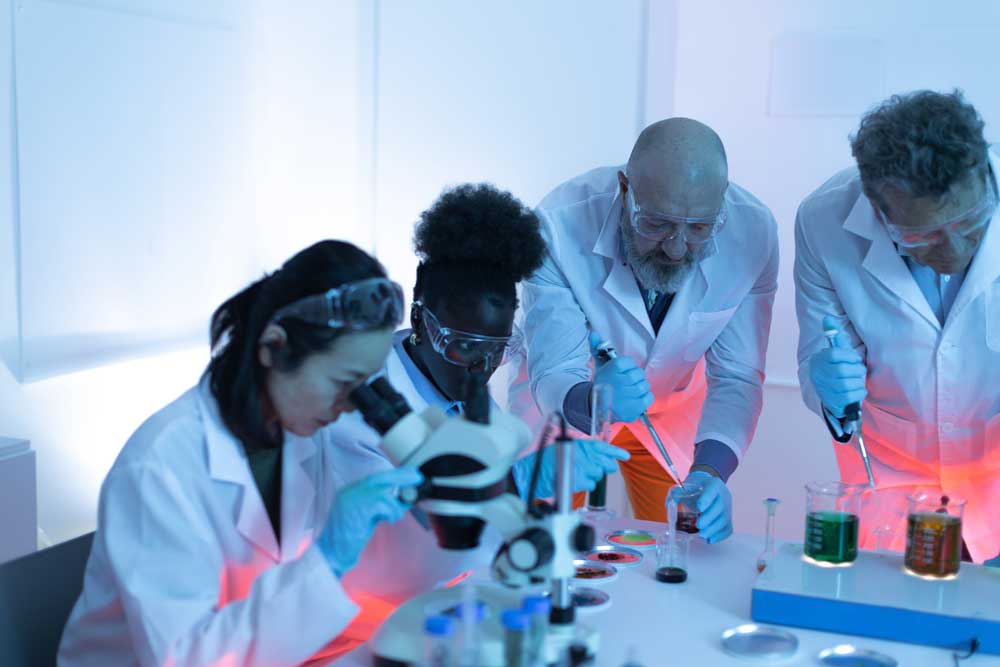Introduction
Scientific discoveries have often served as pivotal moments in human history, reshaping societies and improving the quality of life. Among these, the discovery of penicillin by Alexander Fleming in 1928 stands as a cornerstone of modern medicine. This essay explores the profound impact of penicillin on healthcare and human life, considering its historical context, transformative effects on medical treatment, and broader societal implications. From an English studies perspective, this analysis also reflects on how such scientific advancements influence narratives of progress and human resilience in literature and culture. The discussion will highlight penicillin’s role in revolutionizing medicine while acknowledging some limitations and challenges associated with its widespread use.
Historical Context and Discovery
The discovery of penicillin emerged during a time when bacterial infections were a leading cause of death, with limited treatment options available. In 1928, Scottish bacteriologist Alexander Fleming accidentally observed that a mould, later identified as Penicillium notatum, inhibited the growth of Staphylococcus bacteria in a petri dish (Fleming, 1929). This serendipitous finding marked the beginning of the antibiotic era. However, it was not until the early 1940s, through the efforts of Howard Florey and Ernst Chain at Oxford University, that penicillin was mass-produced and applied clinically, particularly during World War II to treat wounded soldiers (Ligon, 2004). This historical backdrop illustrates not only a scientific breakthrough but also a cultural narrative of perseverance and collaboration, often explored in literary accounts of human triumph over adversity.
Transformation of Medical Treatment
Penicillin fundamentally altered the landscape of medical treatment by providing an effective means to combat bacterial infections. Prior to its introduction, illnesses such as pneumonia, syphilis, and wound infections often resulted in death or severe disability. With penicillin, mortality rates from these conditions plummeted, and it became possible to treat previously fatal infections with relative ease (Bud, 2007). For instance, during World War II, the drug saved countless lives by preventing infection in battlefield injuries, a theme often captured in wartime literature as a symbol of hope amid chaos. Furthermore, penicillin paved the way for the development of other antibiotics, establishing a foundation for modern pharmacology. From an English studies perspective, this transformation mirrors recurring literary motifs of science as both a saviour and a double-edged sword, prompting reflection on humanity’s relationship with nature and technology.
Societal Implications and Challenges
Beyond medicine, penicillin’s impact extended to broader societal changes. The drastic reduction in infectious disease mortality contributed to increased life expectancy and population growth in the 20th century, reshaping social structures and economic systems (Quinn, 2013). However, its overuse has led to the emergence of antibiotic resistance, a critical global health challenge. Indeed, the misuse of penicillin and other antibiotics has resulted in resistant bacterial strains, underscoring a limitation of this otherwise revolutionary discovery (WHO, 2020). This duality—progress alongside unintended consequences—resonates with literary themes of hubris and the ethical dilemmas of scientific advancement, offering rich material for critical analysis in English studies.
Conclusion
In conclusion, the discovery of penicillin by Alexander Fleming represents a scientific milestone that has profoundly revolutionized human life. Its role in transforming medical treatment, reducing mortality from bacterial infections, and influencing societal structures is undeniable. Yet, challenges such as antibiotic resistance highlight the limitations of even the most groundbreaking discoveries. From an English studies perspective, penicillin’s story encapsulates broader narratives of progress, ethics, and human endeavour, providing fertile ground for textual and cultural exploration. Ultimately, this discovery serves as a reminder of science’s capacity to both heal and challenge humanity, a theme that continues to inspire critical thought and literary expression.
References
- Bud, R. (2007) Penicillin: Triumph and Tragedy. Oxford University Press.
- Fleming, A. (1929) On the Antibacterial Action of Cultures of a Penicillium, with Special Reference to their Use in the Isolation of B. influenzae. British Journal of Experimental Pathology, 10(3), 226-236.
- Ligon, B. L. (2004) Penicillin: Its Discovery and Early Development. Seminars in Pediatric Infectious Diseases, 15(1), 52-57.
- Quinn, R. (2013) Rethinking Antibiotic Research and Development: World War II and the Penicillin Collaborative. American Journal of Public Health, 103(3), 426-434.
- WHO (2020) Antibiotic Resistance. World Health Organization.


